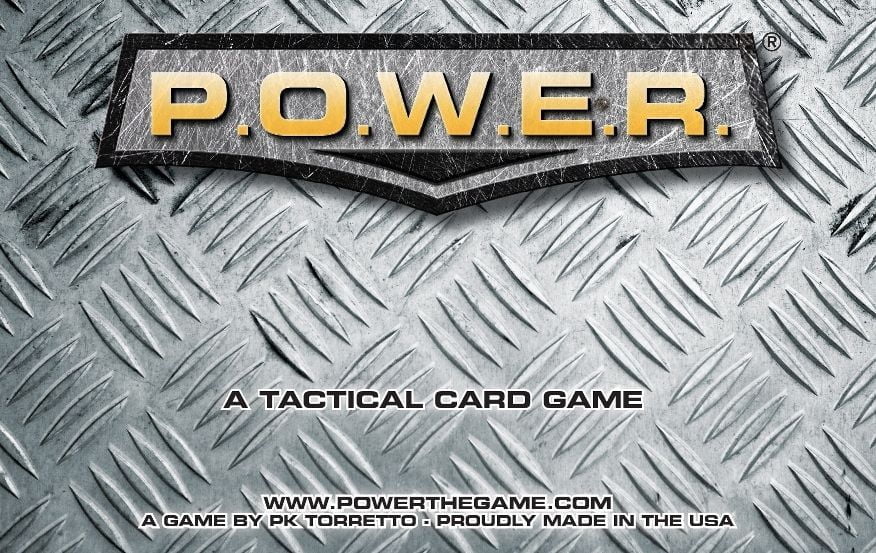POWER (2012) Board Game
POWER is a strategic board game that was self-published by designer PK Torretto in in 2012. The game is set in the world of modern warfare and aviation, where players take on the roles of military commanders vying for control and dominance. With a mix of deck-building, area majority, and push-your-luck mechanics, POWER offers a unique gaming experience for 2 to 4 players.
Game Components of Power Grid
How To Setup Power Grid
To set up Power Grid, players begin by choosing a map and placing the game board in the middle of the playing area. Each player selects a set of player markers and places them on the board. The power plant deck is shuffled, and a set number of power plants are drawn and placed in the market. Players are given an initial amount of money, and the youngest player goes first.
Gameplay Mechanics and Game Objective
Player Experience
Power Grid is known for its intense player interaction and strategic depth. Players need to balance resource management, auction strategy, and network expansion. The game features subtle yet palpable tension as players jostle for position and resources. It is a ‘thinky’ game that requires careful planning and adaptation to opponents’ strategies.
Pros
Cons
Personal Thoughts on Power Grid
Power Grid is ideal for players who enjoy strategic and economic games with deep player interaction. It is not a game for those seeking quick, light-hearted fun but rather for those who relish in planning and adapting their strategies over multiple turns. The game’s complexity and replayability make it a favorite among experienced board game enthusiasts. However, new players may need to invest time to fully appreciate its intricacies.
We are supported by our audience. When you purchase through links on our site, we may earn an affiliate commission, at no extra cost for you. Learn more.

